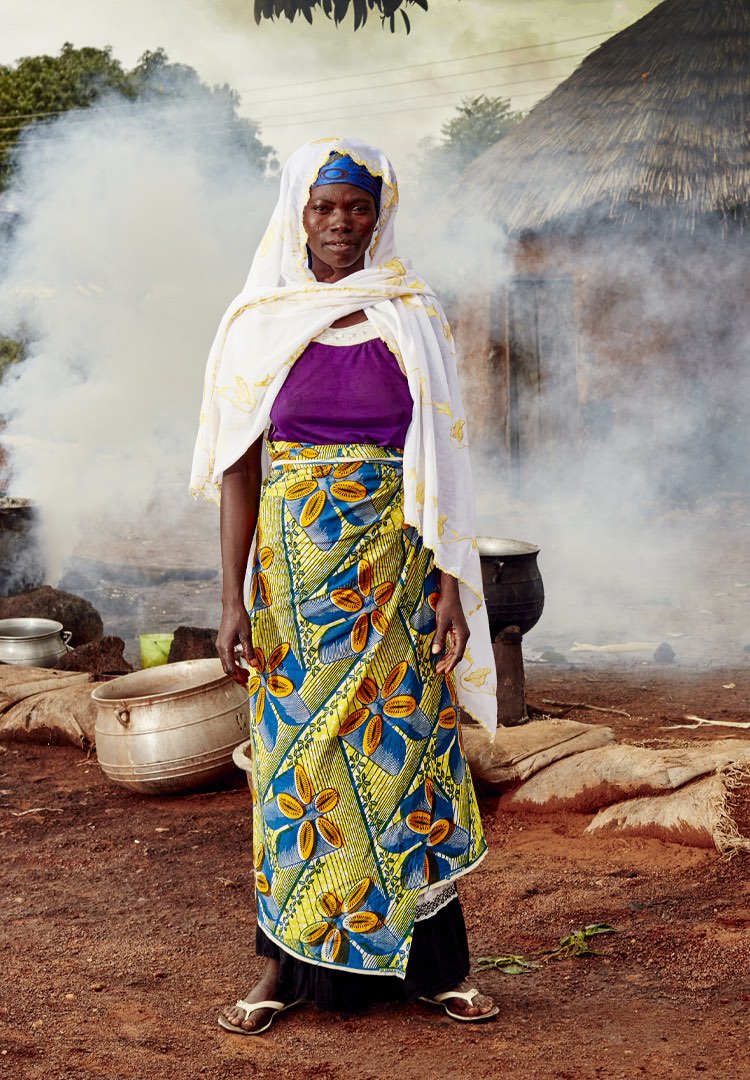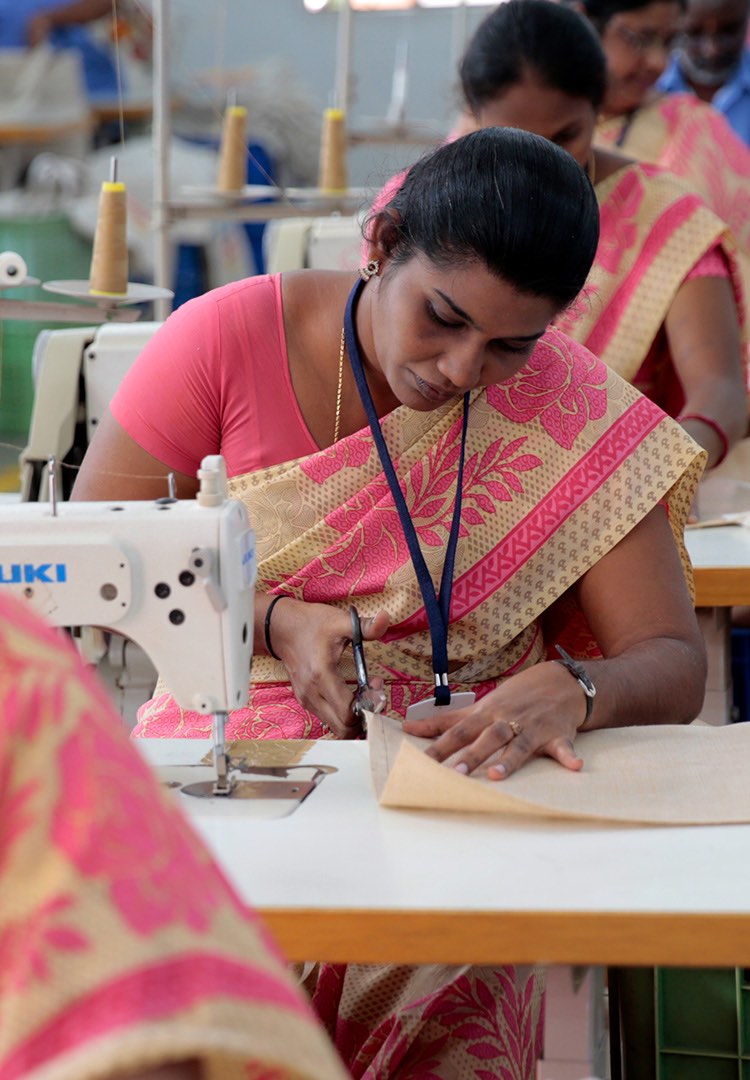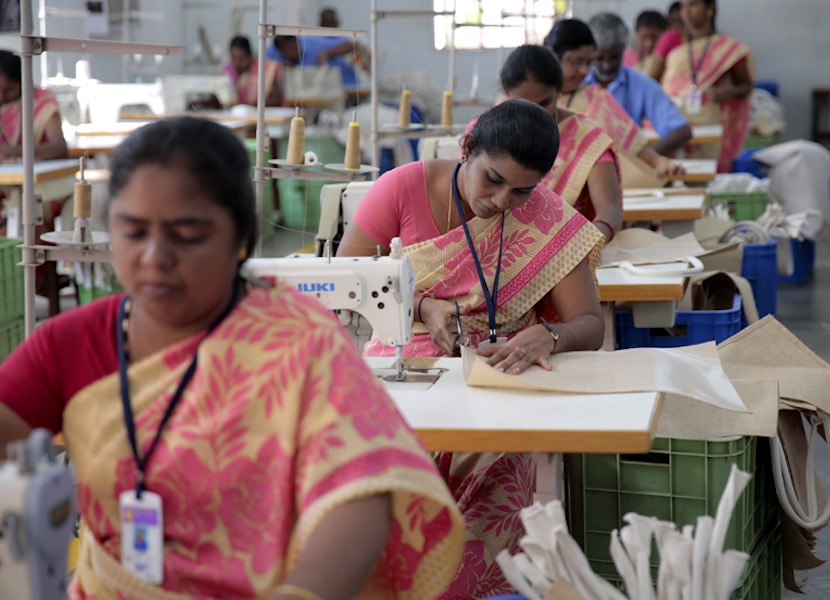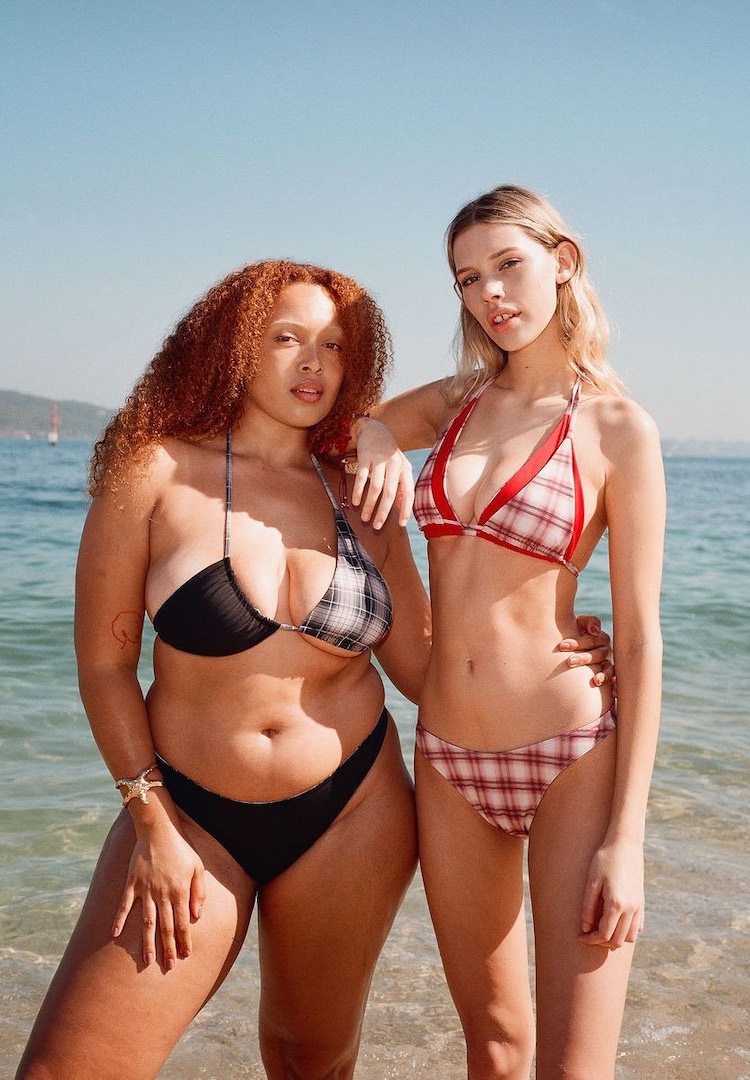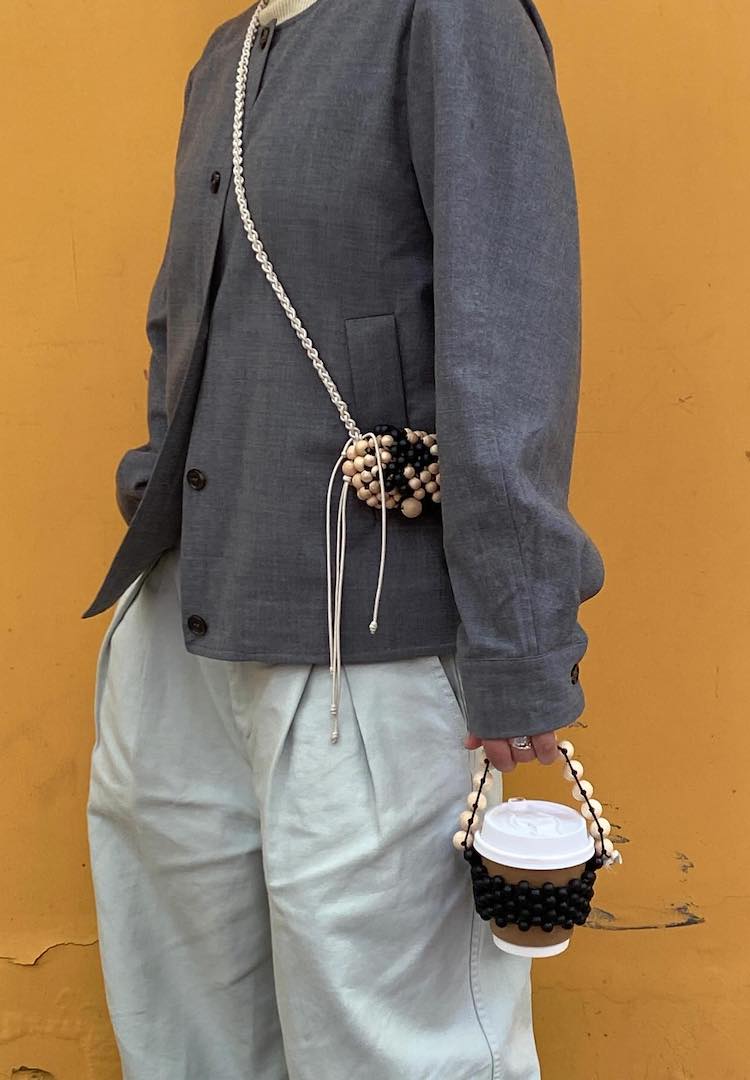These online resources will help you gift more ethically this Christmas
IN PARTNERSHIP WITH THE BODY SHOP
Words by Kate Streader
It can be tricky deciphering what’s greenwashing and what’s legit.
Christmas has a plethora of wonderful aspects – delicious food, time off work and seeing loved ones – but it’s also the season of excessive consumption. Often there’s too much food and too many presents, and you end up spending lots of money and drinking more than you usually would.
While it’s good to opt for gifting experiences, such as tickets to a concert or play, or to make something yourself, sometimes these options aren’t possible due to financial, time, resource or skill constraints.
For more on conscious shopping, head to our Life section.
In that case, the next best course of action is to buy ethical, thoughtful gifts that don’t add to the rampant consumerism this time of year encourages. Instead, you can put your money into the pockets of independent producers and sustainable, ethical businesses.
And while a lot of brands are shifting with the times and doing the work to reduce their impact on the planet and ensure workers are treated and paid fairly, it can be tricky deciphering what’s greenwashing and what’s legit. To help you make informed decisions and shop thoughtfully this Christmas, here are a few trusty online resources for checking if your next gift is ethical.
Check the brand’s website
If you want to find out whether a brand is ethical or not, its website is a good place to start. If a brand doesn’t have any information on its website about where its clothes or products come from or how they’re made, it’s probably not a good sign. That said, greenwashing is rife – particularly in the fashion industry – so don’t be fooled by brands that throw around sustainability buzzwords. If information about a brand’s environmental footprint or its supply chain is vague or unverified by any external parties, there’s probably a reason they’re avoiding full transparency.
Brands that legitimately care about their workers, the planet and their customers will most likely have a dedicated section on their website that outlines exactly what they’re doing to keep their businesses from negatively impacting the world. For example, The Body Shop has its own Community Fair Trade program which details where its ingredients come from, who grows and makes them, how they’re treated and how its partnership with the company benefits both parties. The brand has also published a free newspaper to help customers learn and shop more ethically.
Good on You
Rather than leaving you to decode a bunch of jargon and decide where brands sit on the spectrum of good to bad, Good on You administers a comprehensive evaluation system encompassing key issues relating to the environment, labour and animals to conclude how ethical a brand is. Considering all of these factors, brands are then rated on a scale spanning ‘Great’ to ‘We Avoid’.
You can use the website to search specific brands to check how they’re rated, or you can view Good on You’s sustainable brands via category – i.e. if you want new activewear but don’t know where to look, just head to the ‘Activewear’ tab and you’ll be met with a list of ethical activewear brands and their ratings. If you want to know more about a particular brand, you can click on its listing for a breakdown of its score and where to buy its products.
B Corp
B Corporation certification is an excellent indication of a brand’s impact on its workers, customers, community and the environment. To receive B Corp certification, a business must meet high standards across social and environmental performance, accountability and transparency. The B Corp website has a search function where you can simply type in a brand’s name and see if it’s B Corp certified. If it is, it means it’s undergone a comprehensive auditing system to ensure that it’s doing its absolute best to be an ethical company in all facets of the business.
Baptist World Aid’s Ethical Fashion Guide
Each year, Baptist World Aid undertakes research on major fashion brands for its Ethical Fashion Guide, scoring each brand out of 100 based on six ‘Spotlight Issues’: Do companies know where their materials come from? Do they pay workers a living wage? Are they listening to their workers? How do they respond to labour exploitation? Are they choosing sustainable fibres? And are they taking climate action seriously? By reanalysing each brand annually, consumers can also assess whether companies are making progress and it ensures the findings are up to date.
Ethical Clothing Australia
Ethical Clothing Australia (ECA) is an accreditation body that works to protect the rights of Australian garment workers. In order to receive ECA accreditation, a brand must undergo an audit that looks at its head offices and in-house and outsourced manufacturing operations to ensure all workers are paid properly and are receiving their legal entitlements and working in safe conditions. You can find a list of all ECA-accredited businesses listed on its website.
For more sustainable gifting ideas, head here.

